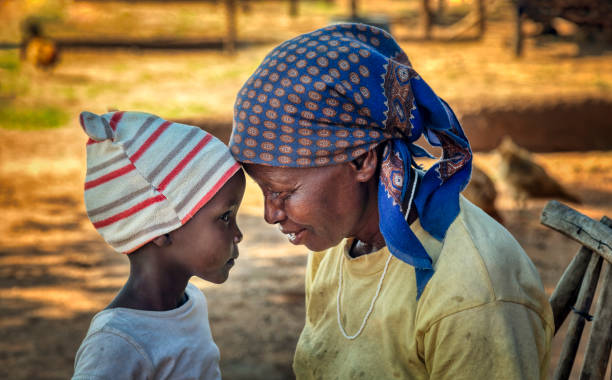Uganda Bureau of Statistics (UBOS) has released its 2024/2025 National Governance, Peace, and Security Survey, painting a paradoxical picture of a nation that is overwhelmingly happy yet increasingly burdened by poverty, corruption and low institutional trust.
According to the report, 81 percent of Ugandans say they are satisfied with the overall state and development of the country.
This marks a rise from 77 percent in 2017, even as concerns over poor service delivery—particularly in roads, health and education—continue to feature prominently on the campaign trail for the upcoming 2026 elections.
Despite the high satisfaction rate, UBOS notes that severe socioeconomic challenges continue to generate significant public anxiety.
Poverty and unemployment—especially among young people—remain the biggest drivers of distress.
The report also documents a worrying collapse in social trust. Only 57.9 percent of Ugandans say they trust their fellow community members, with the lowest levels recorded in the Busoga region and parts of Buganda.
Corruption remains a major concern. Fourteen percent of Ugandans admitted paying bribes to access public services that should be free, a practice most pronounced in the Elgon and Lango regions.

The survey also collected public perceptions of civil servants, LC III chairpersons and mayors, underscoring the challenges of accountability in local governance.
On justice and conflict resolution, UBOS found that although trust in the Police has improved, most Ugandans avoid formal legal systems.
Local Councils (LCs) remain the preferred mechanism for settling community disputes, viewed as more approachable and trustworthy than either the Police or courts.
Released under the theme, “Leveraging innovations in data and statistics to promote a just, peaceful, inclusive and prosperous society for Africans,” the survey is the third of its kind since 2014.
UBOS Executive Director Dr. Chris Mukiza said the findings are crucial as Uganda approaches a new electoral cycle.
“This is an extremely important report as the country approaches a new electoral cycle,” Dr Mukiza said.
“The statistics in this report will inform citizens on the choice of their next leaders and guide development agencies on where resources need to be allocated most urgently.”
UBOS has encouraged ministries and local governments to use the findings as a tool for reform, hoping the data will shape targeted interventions and deliver meaningful improvements in public services.


